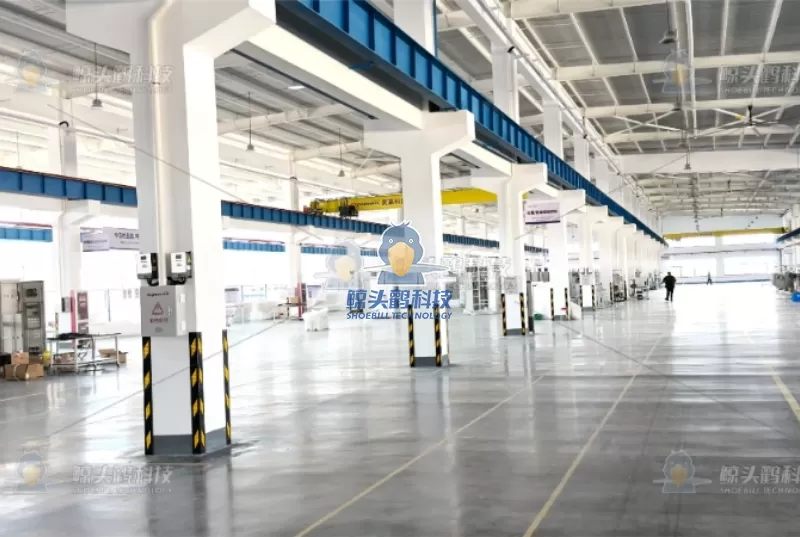In the ever-evolving automotive industry, fuel efficiency plays a pivotal role in determining the success of a vehicle. One crucial component that significantly impacts fuel efficiency is the fuel pump. With various types of fuel pumps available, it becomes essential to understand which type is more efficient. In this article, we delve into the intricacies of different fuel pump technologies to determine the most efficient option.
- Traditional Mechanical Fuel Pumps:
Mechanical fuel pumps have been the go-to choice for decades. These pumps operate using a camshaft-driven mechanism, which draws fuel from the tank and delivers it to the engine. While mechanical fuel pumps are reliable and cost-effective, their efficiency is relatively lower compared to newer technologies. The mechanical design often leads to excessive fuel consumption and limited control over fuel flow. - Electric Fuel Pumps:
Electric fuel pumps have gained popularity due to their enhanced efficiency and precise fuel delivery. These pumps utilize an electric motor to generate pressure and push fuel from the tank to the engine. The electric design allows for better control over fuel flow, resulting in optimized fuel consumption. Additionally, electric fuel pumps are more adaptable to varying engine demands, ensuring consistent performance across different driving conditions. - Direct Injection Fuel Pumps:
Direct injection fuel pumps represent the pinnacle of fuel pump technology. Unlike traditional pumps, direct injection pumps deliver fuel directly into the combustion chamber, bypassing the intake manifold. This approach offers several advantages, including increased fuel efficiency, improved power output, and reduced emissions. By precisely controlling the fuel injection timing and pressure, direct injection pumps optimize the combustion process, resulting in enhanced efficiency and performance. - High-Pressure Common Rail Fuel Pumps:
High-pressure common rail (HPCR) fuel pumps have revolutionized diesel engines' efficiency. HPCR pumps utilize a common rail system to deliver fuel at extremely high pressures to the injectors. This technology enables finer fuel atomization, better combustion, and reduced fuel consumption. HPCR pumps also contribute to lower emissions, making them a preferred choice for modern diesel engines.
Conclusion:
After a comprehensive analysis of different fuel pump technologies, it is evident that the most efficient type is the direct injection fuel pump. Its ability to precisely control fuel delivery, optimize combustion, and reduce emissions makes it the ideal choice for maximizing fuel efficiency. However, it is essential to consider specific engine requirements, driving conditions, and cost factors when selecting the most suitable fuel pump for a particular vehicle.



More Stories
Enhancing Efficiency and Precision with Single and Double Station Winding Machines
Solar Panel Tracking Mount: The Complete Professional Guide to Maximizing Solar Energy Efficiency
Key Features to Look for in a Single-Acting Scotch Yoke Pneumatic Actuator + Bevel Gear